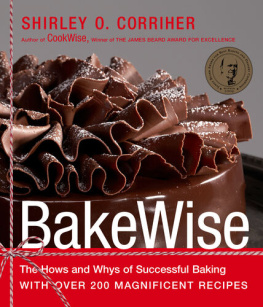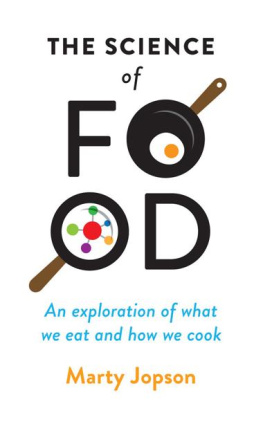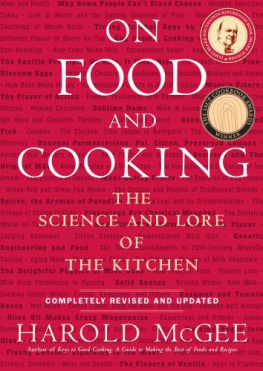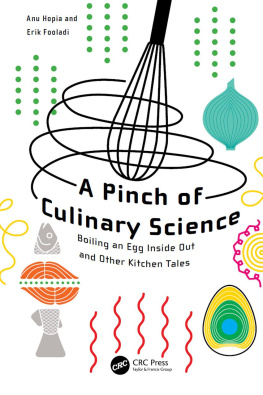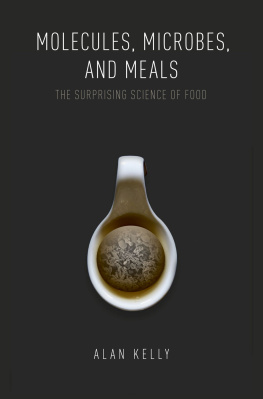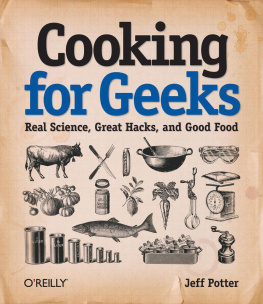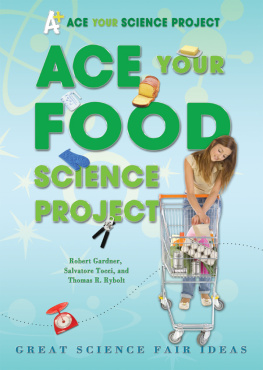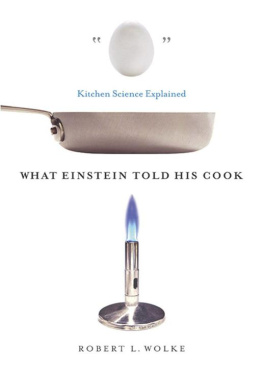

Copyright 2020 by Rockridge Press, Emeryville, California
No part of this publication may be reproduced, stored in a retrieval system, or transmitted in any form or by any means, electronic, mechanical, photocopying, recording, scanning, or otherwise, except as permitted under Sections 107 or 108 of the 1976 United States Copyright Act, without the prior written permission of the Publisher. Requests to the Publisher for permission should be addressed to the Permissions Department, Rockridge Press, 6005 Shellmound Street, Suite 175, Emeryville, CA 94608.
Limit of Liability/Disclaimer of Warranty: The Publisher and the author make no representations or warranties with respect to the accuracy or completeness of the contents of this work and specifically disclaim all warranties, including without limitation warranties of fitness for a particular purpose. No warranty may be created or extended by sales or promotional materials. The advice and strategies contained herein may not be suitable for every situation. This work is sold with the understanding that the Publisher is not engaged in rendering medical, legal, or other professional advice or services. If professional assistance is required, the services of a competent professional person should be sought. Neither the Publisher nor the author shall be liable for damages arising herefrom. The fact that an individual, organization, or website is referred to in this work as a citation and/or potential source of further information does not mean that the author or the Publisher endorses the information the individual, organization, or website may provide or recommendations they/it may make. Further, readers should be aware that websites listed in this work may have changed or disappeared between when this work was written and when it is read.
For general information on our other products and services or to obtain technical support, please contact our Customer Care Department within the United States at (866) 744-2665, or outside the United States at (510) 253-0500.
Rockridge Press publishes its books in a variety of electronic and print formats. Some content that appears in print may not be available in electronic books, and vice versa.
TRADEMARKS: Rockridge Press and the Rockridge Press logo are trademarks or registered trademarks of Callisto Media Inc. and/or its affiliates, in the United States and other countries, and may not be used without written permission. All other trademarks are the property of their respective owners. Rockridge Press is not associated with any product or vendor mentioned in this book.
Interior and Designer: Amanda Kirk
Art Producer: Janice Ackerman
Editor: Pam Kingsley
Production Editor: Andrew Yackira
Illustrations: 2020 Claire McCracken
Photography: Shutterstock: .
ISBN: Print 978-1-64611-833-5 | eBook 978-1-64611-834-2
R0
TO MY WIFE, YVONNE,
who teaches me to laugh every day
Contents







A
AS THE OLD SAYING GOES, EVERYONES GOTTA EAT! Regardless of who you are, where you come from, what you do, and what you believe in, you have to eat (and several times a day, no less).
The truth is, I didnt think too much about food growing up. Food was never that important to me, and I wasnt a picky eater. To me, eating was just a way to get the energy I needed to read about science and run experiments in my garage laboratory. I was that nerdy kid who spent his spare hours collecting bugs, mixing chemicals, and growing mold just for fun. When I went off to college, naturally, I studied chemistry. And while I loved going to class and learning about reactions, chemical structures, and thermodynamics, I ended up graduating without knowing what my next step was. I was so desperate for a direction that I spent six months walking the 2,000 miles from Los Angeles to New Orleans just to clear my head.
When I got back to L.A., I reconnected with the woman who would eventually become my wife, and over the next couple years, I tried my hand at a number of things in an effort to figure out what I really wanted to do professionally. During this time, my future wife started introducing me to different cuisines, first through the restaurants we frequented and then in our own kitchen. We learned to cook together (shes still the better cook), and I began to value food beyond its role as fuel for my activities. My then-girlfriends love of food spread to me, and we spent many happy moments cooking and eating together.
At some point around that time, I stopped by a university library and happened upon a research journal about the chemistry of food and flavors. My first thought was, You can study that?! I picked up a copy of the journal and started reading about the science and technology behind what makes food taste great, which was something Id never considered as an academic field of study before. That journal flipped a switch in me, reigniting my desire to learn and discover, so I applied to a graduate-level food science program.
During the course of my food science studies, I began meeting other people who loved food so much they were willing to spend years researching it. Their passion was infectious, and I began reading more and more about science, technology, and food. In the graduate program, I was able to connect my knowledge and understanding of chemistry with something that gave people so much joy and comfortfood. I was amazed to learn that by controlling heat, moisture, acidity, and salt content, I could almost magically transform the way flavors are produced in a searing steak or stir-fry. I was blown away by the complex chemical reactions behind the aromas of freshly baked bread. And I loved that I could combine ingredients in precise proportions to produce something wonderful, exciting, and tasty for people to enjoy, much in the same way that I could combine chemicals in the laboratory (okay, except for the tasty part). Understanding that there were direct, scientific ways in which I could deliberately change and manipulate food to make better dishes helped me become a better cook. And diving deeper into the science behind food and cooking revealed dimensions of food that I had not yet explored, giving me a better appreciation for what sits in front of me at each meal. My hope is that this introductory guide to the fascinating science of food will give you that same inspiration and appreciation.
Next page

